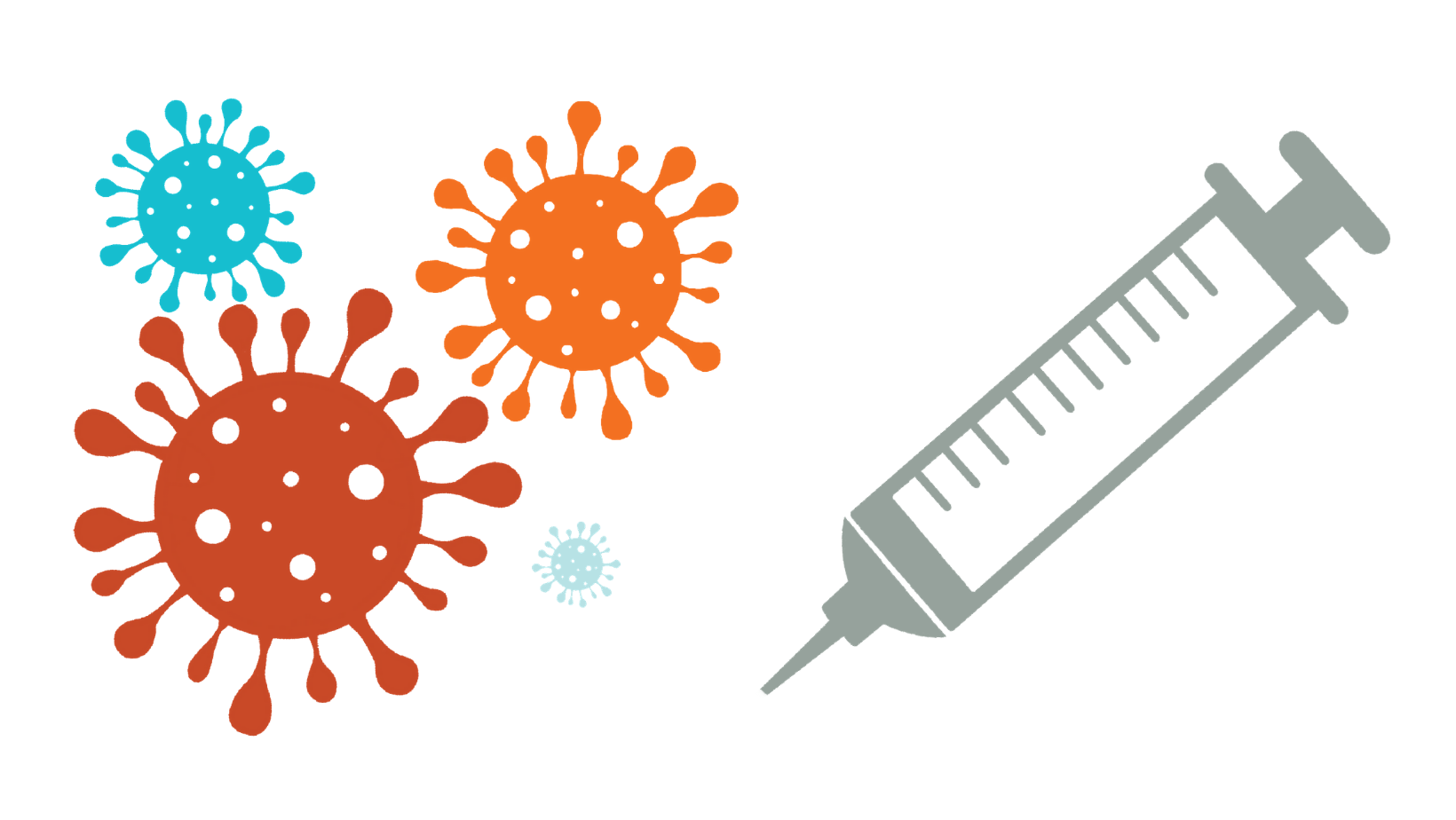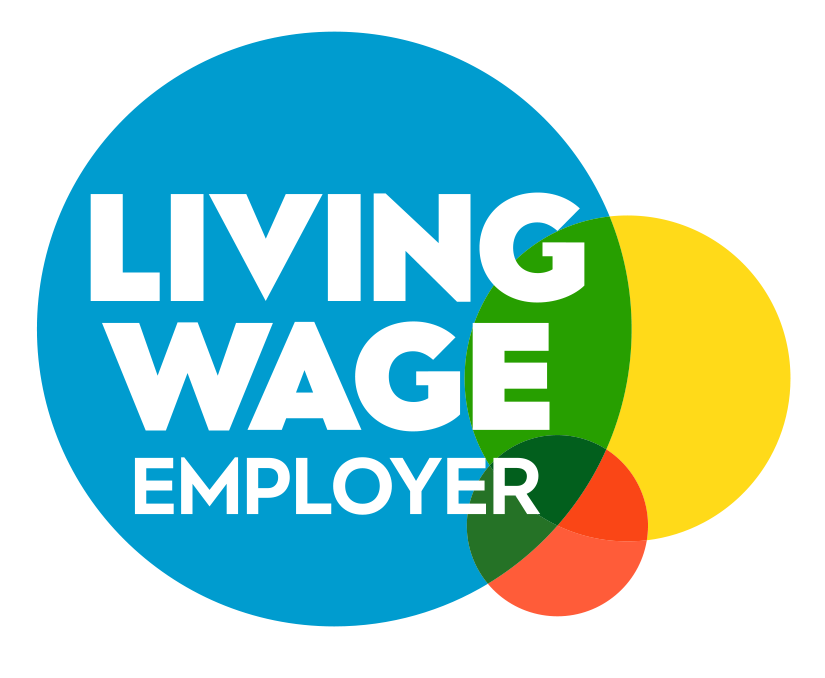Still unsure about vaccines? Have a read of this…
The immune system
Disease is caused by harmful organisms that can be found anywhere in our environment or other people around us, called pathogens. The body has many different ways of defending itself against pathogens such as skin, mucus and cilia which all work as physical barriers to prevent harmful pathogens against entering the body.
When a pathogen does enter the body the immune system is triggered to attack and destroy the pathogen using antibodies.
Each pathogen is made up of smaller parts unique to the pathogen, one of these smaller parts is called the antigen- which causes the formation of antibodies, these antibodies produced in response to the pathogens antigen are an important part of the immune system. When the body is exposed to a new antigen, it takes time for the immune system to respond and produce the antibodies specific to that antigen- its during that time that the person is at risk of becoming ill.
Once the body has produced the specific antibodies it creates antibody-producing memory cells, which stay in the body even after the pathogen has been destroyed, so if the body is exposed to that pathogen again the antibody response is much faster and more effective in protecting the body from that disease.

How vaccines work
Vaccines contain weakened or inactive parts of a pathogen (the antigen) that triggers the immune response to produce the antibodies, newer vaccines actually contain a “blueprint” for the antigen, rather than the antigen itself, triggering the same response. The important point to note is that this weakened antigen or “blueprint” will not cause the disease in the person receiving the vaccine, however, it will trigger the same response from the body. Some vaccines require multiple doses, this is sometimes necessary for the production of long-lived antibodies and development of memory cells.
The COVID-19 Vaccines
Currently there are 3 coronavirus vaccines approved:
- AstraZeneca vaccine (Oxford University)
- Pfizer-BioNtech vaccine
- Moderna vaccine
All three vaccines have been clinically approved for use in the UK, this simply means there is more to go around.
The vaccine cannot give you COVID-19 as it does not contain any coronavirus. It simply trains your immune system in how to recognise it.
The priority list exists simply to get as many of the clinically vulnerable people covered with the first vaccine as soon as possible to help reduce hospital admissions and lessen the pressure on the NHS. The delay in the second dose is set by independent committees not the Government or the vaccine companies. Because of this, you do not need to contact anyone about your vaccinations, you will be contacted to arrange your vaccination.
REMEMBER
Even if you have been vaccinated with any of the approved COVID-19 vaccines, you should still be strictly following Government guidelines and social distancing laws. You will still be able to carry COVID-19 even if vaccinated, so it will still be transmissible to others you come into contact with.





